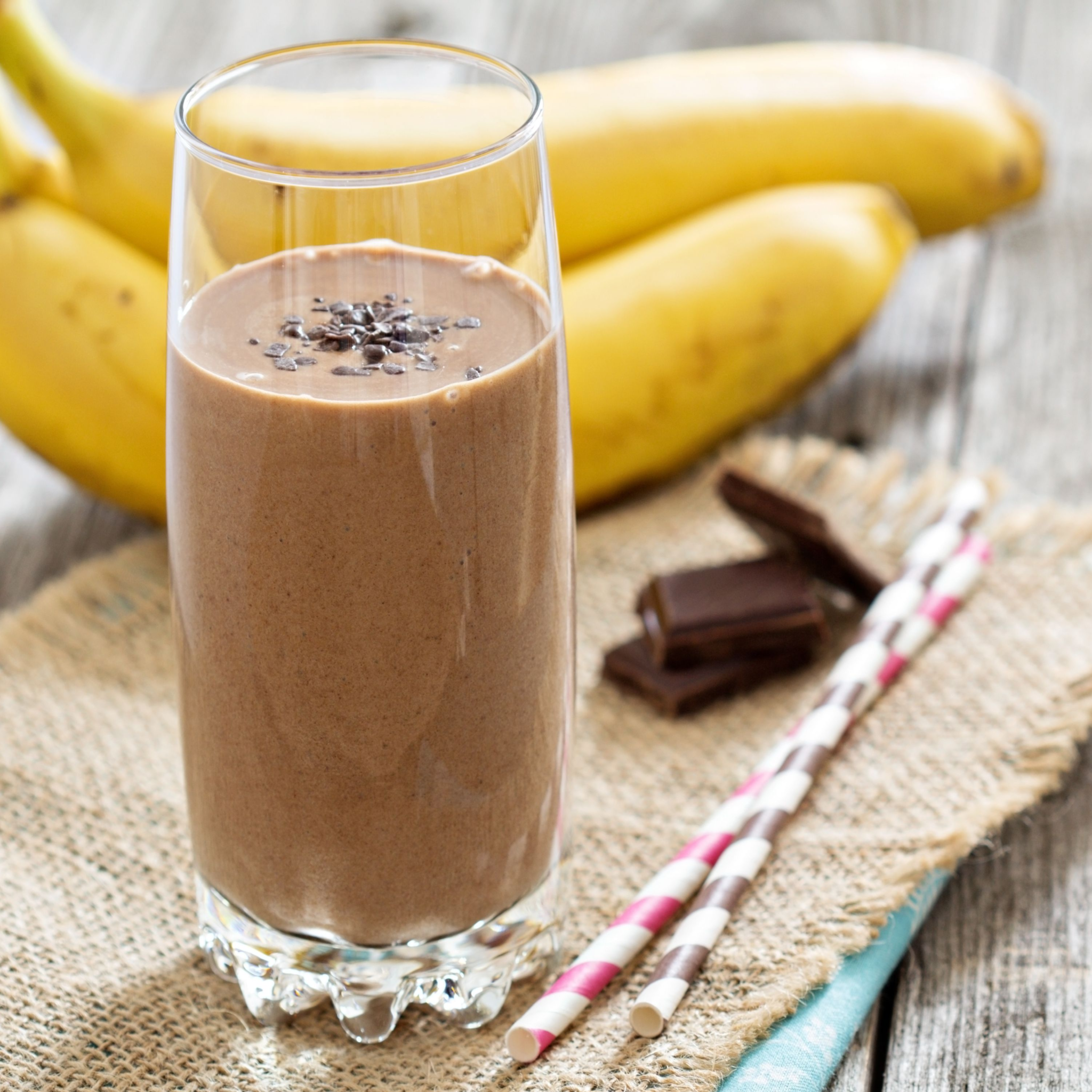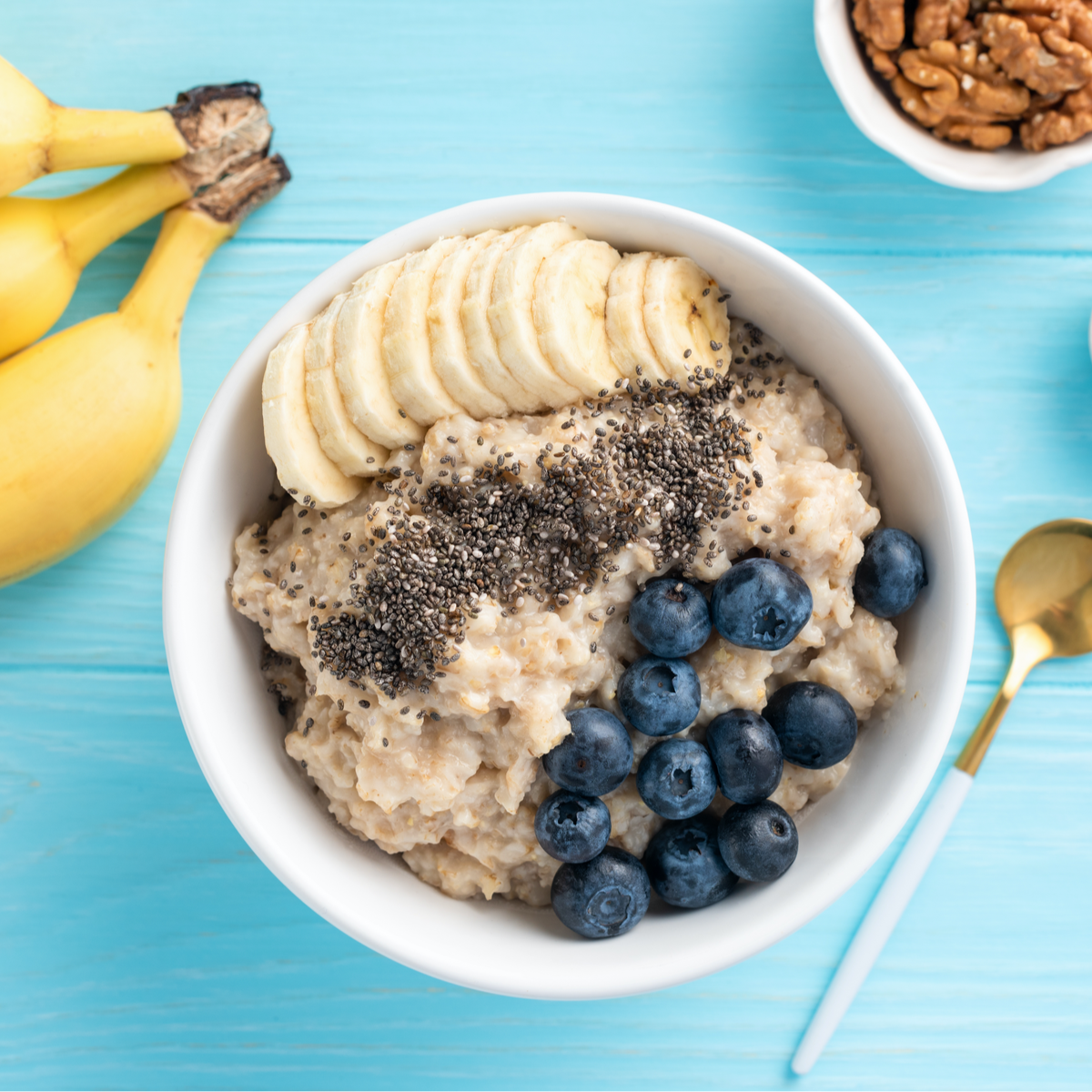
Eat your veggies! This phrase has been uttered countless times at dinner tables around the world, including mine. Is there a better way to dial up the veggies on our plates?
Pop Quiz. Which would you rather load up on?
A) Healthy Carrots
B) Harissa Roasted Carrots with Toasted Hazelnuts & Pomegranate Seeds
What if, instead of “selling” veggies based on health, we focused on taste? Would you and your kids eat — and enjoy — more veggies?
Research out of Stanford suggests that the answer may be yes. Studies in college cafeterias found that health-centric labels failed to encourage veggie consumption, often faring worse than neutral, descriptive labels. Taste-centric labels fared significantly better.
This pivot away from health, toward taste, makes perfect sense given the way we make food choices. In spite of healthy intentions, we tend to prioritize taste and convenience above all else.
How Much Does The Label Matter?
The latest study, a randomized trial through Stanford University, helps put some numbers on how much the labeling matters. The study examined food choices made in college cafeterias, to the tune of 137,842 food choices including 24 vegetable types over 185 days.
They found that when a veggie dish was served with a taste-centric label, students chose it more often, and consumed more veggies, than when the label was generic or health-centric. The effect sizes were meaningful: taste-focused labels increased vegetable selection by 29% compared with health-focused labels and by 14% compared with basic labels.
Try This At Home!
To try this at home, check out Stanford’s “Edgy Veggies” Toolkit designed to help users learn to describe veggies in a way that makes people more likely to choose them.
For enduring veggie love, your food must deliver on the promised taste. Experimenting with a variety of veggies, choosing the freshest ones you can afford, and learning to let them shine in your recipes, are critical for success.
If you’re unsure what to make, try some of my tasty recipes. Just don’t tell anyone they are healthy, too!
Getting Personal: Thanks, Mom!
Reflecting on my personal story, it seems that my mom was unknowingly employing this winning strategy. I can still hear her “selling” us on the veggie du jour by exclaiming how delicious and fresh it is. I can’t recall ever being told to eat veggies because I should. It certainly didn’t hurt that she is a great cook with a deep love of veggies.
To this day, my siblings and I are huge veggie lovers. When we get together, we fight over who gets to polish off the gigantic salad that accompanies every dinner.
Thank you, mom!
Caveats
There is no one “best” strategy for shifting towards healthier choices. Different people respond to different motivators, so it’s worth experimenting. My children are much younger than the college students in these studies. I have had good success using health-related strategies with my kids, such as “eat this, it will make you grow tall”. I plan to adopt the taste focus as a parallel strategy.
Credit
Carrot recipe and photo from The Crowded Kitchen
Thanks to the stellar team behind this study including: Brad Turnwald, Dr. Alicia Crum (professor, Stanford Dept Psychology), Dr. Christopher Gardner (professor, Stanford Prevention Research Center).





